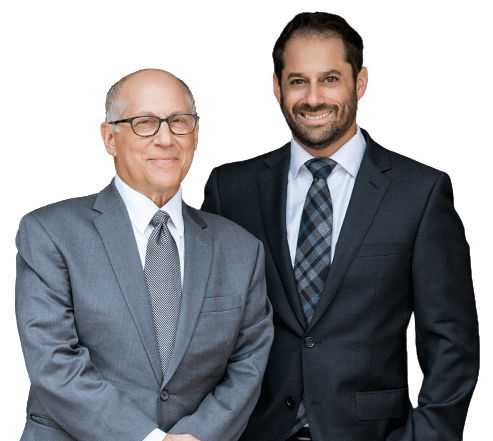
Anyone who’s seen an episode of Law and Order knows that a criminal case begins with an arrest and if convicted typically ends with sentencing. Want to know the details in between? We at Bentoff & Duber think it’s important to know the process and steps in a criminal trial before facing one.
Arrest – A person is arrested for an alleged crime.
Booking – The suspect is taken into police custody. This process involves fingerprinting and a photo, often referred to as a mugshot.
Bail or Bond – If the suspect is granted bail or bond, they can pay a set amount of money to be released from jail..
Arraignment – Typically the defendant’s first appearance in court after arrest. During the hearing, the judge will read the formal charges filed and the defendant will then plea guilty, not guilty or no contest. Depending on the crime, a bond may not be set until the arraignment.
Preliminary Hearing or Grand Jury –Serves the process of determining probable cause to proceed with the case against the defendant.
Discovery/Pre-Trial Motions – The defendant’s attorney and the prosecutor can make these motions to receive all evidence in the case and establish what pieces of evidence and testimony can be presented during the trial.
The Trial – A judge or jury takes all evidence in account and decides whether the defendant is guilty beyond a reasonable doubt.
Sentencing – In the event of conviction, the court will determine what the convicted defendant’s punishment will be. There are several factors that will be considered to decide how severe the sentence is, including personal circumstances and criminal history.
Appeal – A convicted defendant can request his or her case be reviewed by a higher court to try to reverse the verdict or call for a re-trial.
Bentoff & Duber’s criminal law attorneys have experience with every step of the criminal process and know how to navigate this process in and out of the courtroom.
Have questions about criminal trials or know someone who was recently arrested and needs an attorney? 216-861-1234 or submit a contact form for a free consultation.
About the author: Brandon Duber, a Partner with Bentoff & Duber Co., LPA, is a lawyer with proven experience in the courtroom and expertise in the areas of workers’ compensation, criminal defense, personal injury and medical malpractice law. He received his B.A. from Skidmore College in Saratoga Springs, NY and his J.D. from The Case Western Reserve University School of Law in Cleveland, OH.

